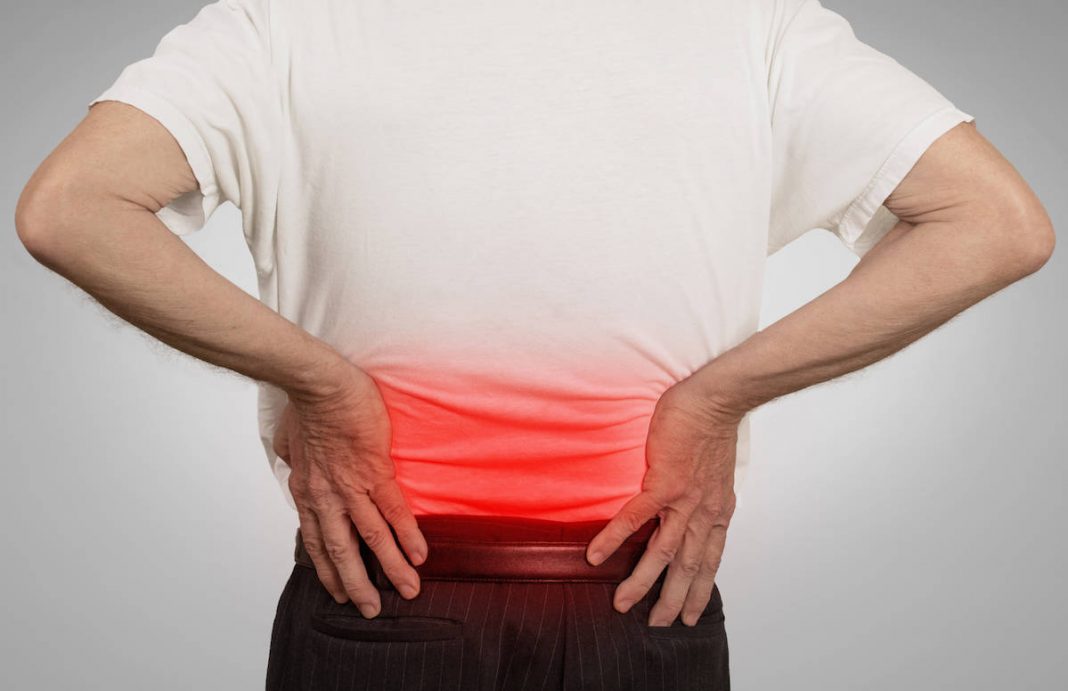Back pain is one of the debilitating kind of pain in the body, as it prevents a person from doing his activities of daily living. Different myths cover back pain, leading people to have divided perceptions on it. The following are some of those myths, as well as some pointers to manage back pain.
Always sitting up straight is one of the myths about back pain. According to Web MD, slouching is bad and it does not promote proper posture; however, sitting up straight and still for hours can also put some strain on the back. As per the publication, the person may lean back in his chair with his feet on the floor, while the back is allowed to slightly curve. The person can also stand while reading or on the phone.
Another back pain myth is that exercise is bad for back pain. In fact, regular exercise prevents back pain; thus, this can be recommended by doctors to their patients. People with back pain may start with mild movements and then slowly increases the intensity. A training plan follows after the pain subsides.
One myth related to physical activity and back pain is that being physically active does not lead a person to have back pain. According to Spine-Health, it is true that people who have active lifestyle are less likely to have an episode of back pain when compared to people who have sedentary lifestyle. As per the publication, even sports like gymnastics, volleyball, and golf are more likely to cause back pain; thus, it negates the myth.
Some people believe that severe back pain is linked to the level of back damage. A case in point is touching a hot iron, which results to a greater level of pain. This means that the level of pain is at par with the level of damage in acute pain. Inversely, the amount of pain does not usually relate to the amount of damage in chronic back pain. Also, conditions like infection, disc degeneration, and other diseases can also lead to back pain.
The relationship between one’s body frame and the level of back pain is also a myth. According to Web MD, being skinny does not mean being free from pain, as anyone can have back pain. Thin people like those who have an eating disorder anorexia may have bone loss, which then leads to back pain secondary to broken bones and crushed vertebrae. However, it is true that those who weight more than ideal are predisposed to having back pain, since the added pounds in the body give stress to the back. As per the publication, back pain is more common to people called weekend warriors; they are people who sit around all week and push themselves hard.
Prolonged bed rest is also not the answer for back pain. Though a person can regain strength and minimize pain through a stabilized body, resting on bed for a long time may worsen the pain, since the bones and muscles do not move and calcium deposits from the bones are removed.
Most causes of back and neck pain do not have a standard cure, according to Spine Health. This is debunked, as spin specialists do have various perspective when it comes to the diagnosis and treatment of back problems, which often lead to disagreement on the diagnosis and interventions to be implemented. In addition, the intervention for back pain has more consensus, as opposed to the other cases.
Overall, the back is an important part of the body and it is a person’s responsibility to take care of it and prevent it from getting injured. The aforementioned myths and management should help a person think more clearly when it comes to the promotion of health, prevention of illness, and rehabilitation of back problems.
